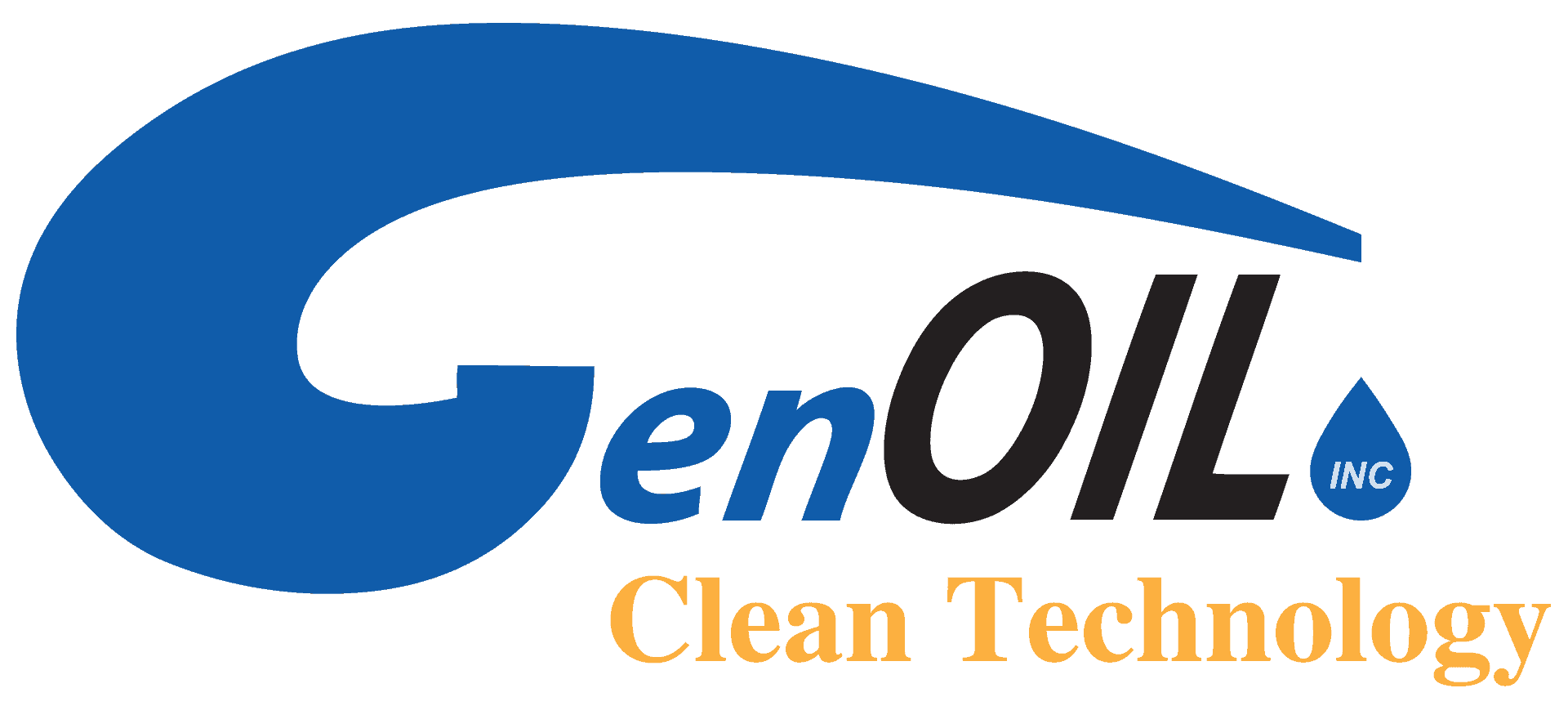BEIJING, CHINA–(Marketwired – Apr 15, 2016) – Genoil (GNOLF) & Beijing Petrochemical Engineering Co Ltd (BPEC), a division of Shaanxi Yanchang Petroleum Group Company, are pleased to announce that they have received a $ 5 billion dollar (USD) letter of intent for an initial 500,000 barrel per day (bpd) upgrading project, to be situated in the Middle East. The letter of intent from one of the largest banks in China is to cover the initial project cost, and will be presented to a major party in the Middle East. For this project, the goal of the consortium is to develop 3.5 million bpd of upgrading capacity at a total estimated cost of $ 35-50 billion. Financing will be subject to a number of conditions and approval of the contract terms by all parties.
China is actively seeking investment opportunities around the world and Genoil has demonstrated ability in establishing connections with major national oil companies and government ministries. The GHU represents an opportunity for China to invest in environmentally friendly global energy projects, developing clean sources of low sulfur fuels for the global market. Another project for 1 million bpd is currently under consideration by a second national oil company. Additional funding for future projects will be considered on a project by project basis.
2015 Year End Audited Financials
Genoil has completed it’s 2015 audited financial statement which is now available on EDGAR & SEDAR.
About the Genoil GHU Technology:
Genoil’s field upgrader (GHU) is an environmentally friendly technology which reduces the carbon content of a barrel of crude oil while removing sulfur and nitrogen that cause greenhouse gases. The GHU economically (up to 75% less OPEX & CAPEX than existing processes) converts heavy crude oil, bitumen, atmospheric residues, and vacuum residues into a lighter crude so that it can be transportable by pipeline without the aid of diluent making it compatible for refineries. The GHU increases the yield of light products and decreases the residual portion of a heavy crude stream, producing a much more desirable refinery feedstock.
About BPEC:
BPEC was founded in 1979 and is a first class engineering company based in Beijing and its parent company is Shaanxi Yanchang Petroleum Group Corp Ltd.. BPEC currently has about 1200 employees and holds a class A qualification of engineering consulting and engineering design. The company has been mainly engaged in engineering consulting, engineering design, EPC, engineering technology development and other related business in the fields of refining, petrochemical, coal-chemical, natural-gas-chemical, oil and gas fields, storage and transportation, etc.
About Shaanxi Yanchang Petroleum Group Corp. Ltd.:
Formerly “Yanchang Oil Plant” founded by the Qing regime in Yan’an in 1905, Yanchang Petroleum is China’s only century-old oil enterprise and the driller of the first oil well on the Chinese continent. Shaanxi Province where Yanchang Petroleum is located is an emerging key oil & gas province in China, with rapid growth of 5 million tons oil & gas equivalent on average every year since the beginning of the “twelfth five-year” period. In 2012, Shaanxi province became China’s largest oil & gas-producing province with oil & gas equivalent of over 60 million tons. They are also one of the largest producers of coal in China with 18 billion tons of coal reserves, and 300,000 bpd of oil production.
Forward-Looking Statements:
Statements included in this release may constitute forward-looking statements within the meaning of the Private Securities Litigation Reform Act of 1995. Such statements involve a number of risks and uncertainties such as competitive factors, technological development, market demand, and the company’s ability to obtain new contracts and accurately estimate net revenues due to variability in size, scope and duration of projects, and internal issues in the sponsoring client. Further information on potential risk factors that could affect the company’s financial results can be found in the company’s Reports filed with the Securities and Exchange Commission.

